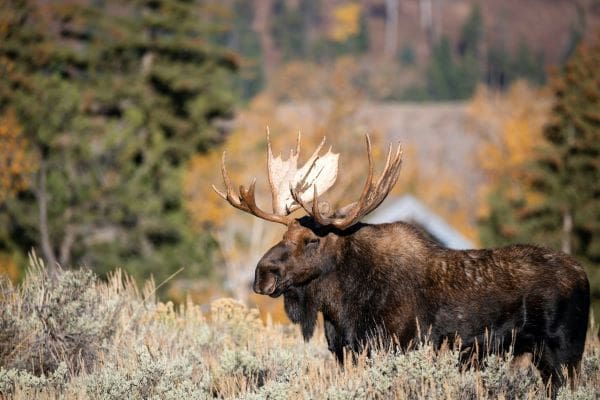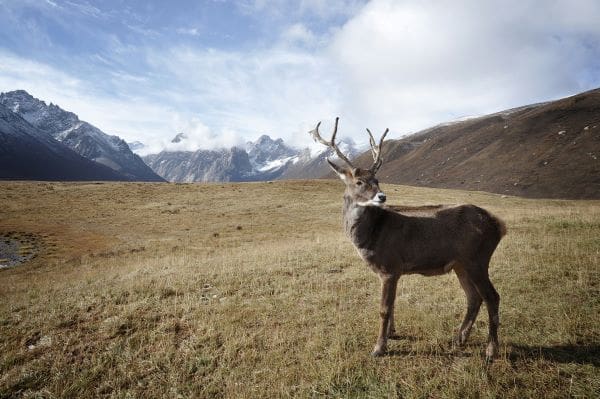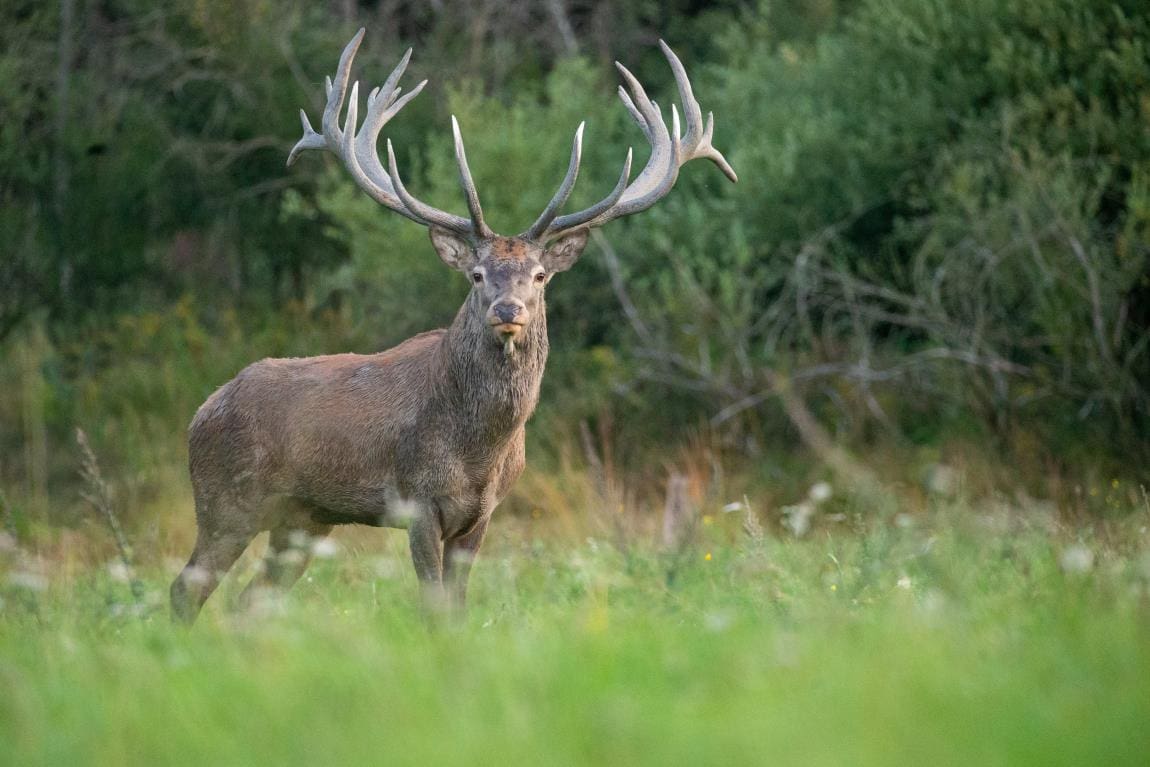A comprehensive European study led by the Swedish University of Agricultural Sciences, in collaboration with INRAE, has uncovered how climate change is affecting deer populations across Europe, Asia, and North America.
Published in Global Change Biology, this research reviewed 218 scientific articles over a span of 20 years, examining the impacts of climate change on ten major deer species. While some species appear to benefit from certain aspects of a warming world, such as milder winters, the future could pose significant challenges, particularly as summers grow hotter and drier.

The findings highlight the need for wildlife managers to adapt their strategies in order to protect deer populations in an evolving climate.
The study looked at multiple factors related to climate change, such as temperature fluctuations, rainfall patterns, snow cover, and extreme weather events, all of which directly influence wildlife. The research covered species that inhabit boreal and temperate regions, including moose, roe deer, wapiti, red deer, sika deer, fallow deer, white-tailed deer, mule deer, caribou, and reindeer.
One key finding is that while warmer winters may help deer conserve energy and access food, this benefit is often outweighed by the challenges posed by hotter and drier summers. Deer, particularly those in northern habitats like moose and reindeer, are highly sensitive to heat stress. Prolonged exposure to higher summer temperatures and reduced water availability can deteriorate their physical condition, leading to reduced body mass and lower reproductive success, which in turn can slow population growth over time.
Reindeer and caribou are particularly vulnerable in winter when fluctuating temperatures cause snow to melt and refreeze. This creates an impenetrable ice sheet that can cover their main food source – lichens – making survival more difficult. These disruptions can negatively affect their migration patterns, timing, and overall health.
As climate zones shift due to rising global temperatures, deer species are also expected to migrate further north in search of cooler climates. Moose populations, which thrive in cold environments, are already declining in southern parts of their range, such as southern Scandinavia, due to the increasing temperatures. If current trends continue, these populations could face local extinction.
To mitigate heat stress, some species have adapted by seeking refuge in cooler microhabitats, such as shaded forests or higher elevations, or by altering their daily activities, resting during the hottest parts of the day. However, these behavioral adjustments often come at a cost. Reduced activity levels can limit feeding time, impacting their nutritional intake and, subsequently, their reproductive success.

The trend of earlier migrations in spring and delayed migrations in autumn, seen in species like caribou and red deer, further highlights how climate change is reshaping the natural rhythms of deer populations. Over time, some species may cease migrating altogether, which could have far-reaching ecological consequences, affecting both the deer and the ecosystems they support.
The study offers a valuable synthesis of how deer populations are responding to climate change, both in terms of current impacts and future projections. However, there are still many unanswered questions. The scientists involved in the research identified a number of areas that warrant further study, such as the potential impact of extreme weather events, variations in snow type, and the effects of wetter autumns on deer populations.
For wildlife and forest managers, these findings underscore the importance of developing adaptive management strategies. For instance, proactive measures might include altering hunting quotas, modifying habitat management plans, and ensuring the protection of migration corridors. In regions where deer are crucial for local economies, particularly through hunting and ecotourism, these strategies could help prevent the decline of deer populations and maintain the ecological balance of their habitats.
Climate change is already reshaping the landscapes in which deer live, affecting their physiology, behavior, and distribution. While milder winters may offer short-term advantages for many species, the long-term effects of rising temperatures, heat stress, and disrupted food supplies could drive many populations northward, altering ecosystems and requiring significant shifts in wildlife management. The research conducted by the Swedish University of Agricultural Sciences and its partners provides crucial insights that can guide future efforts to protect these iconic species from the evolving threats of a warming planet.
Journal Reference:
Felton A.M., Wam H.K., Borowski Z. et al. ‘Climate change and deer in boreal and temperate regions: From physiology to population dynamics and species distributions’, Global Change Biology 30 (9): e17505 (2024). DOI: 10.1111/gcb.17505
Article Source:
Press Release/Material by INRAE
Featured image credit: vladimircech | Freepik




